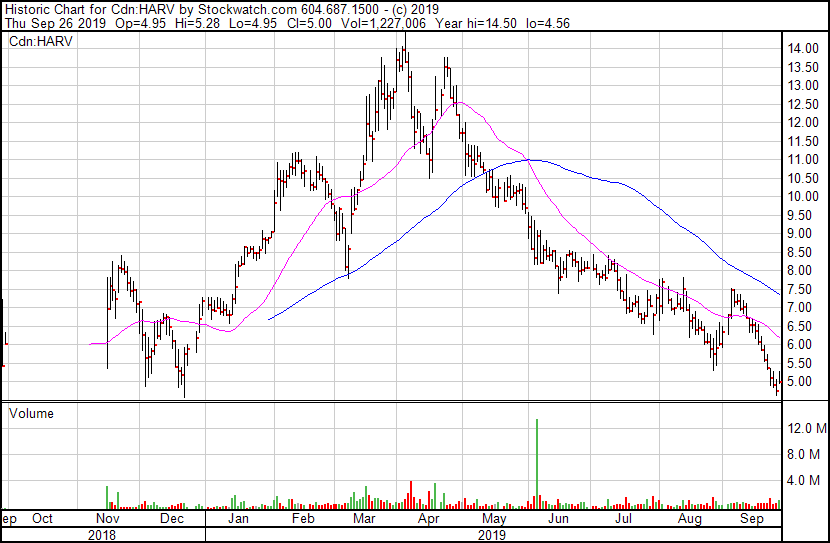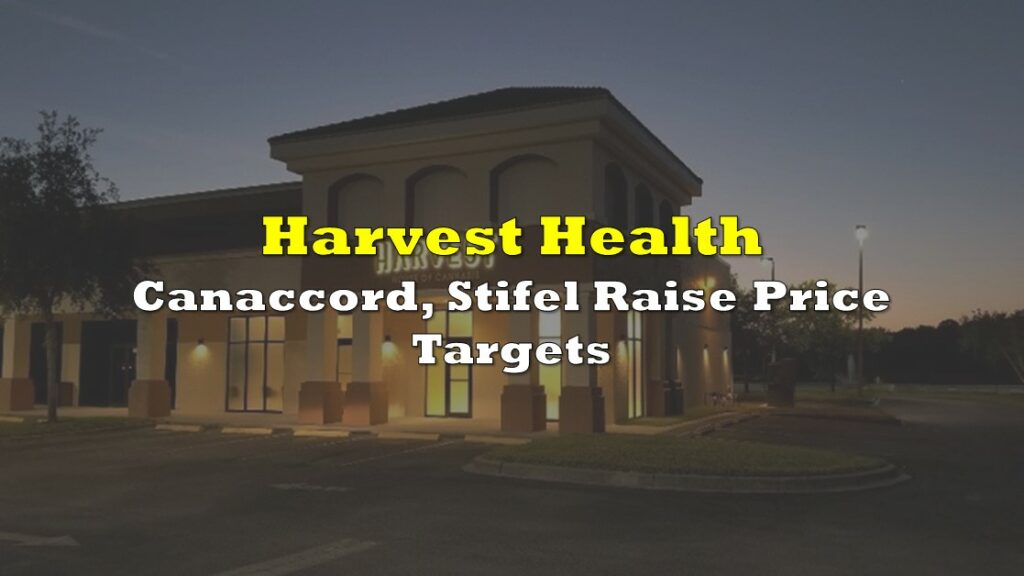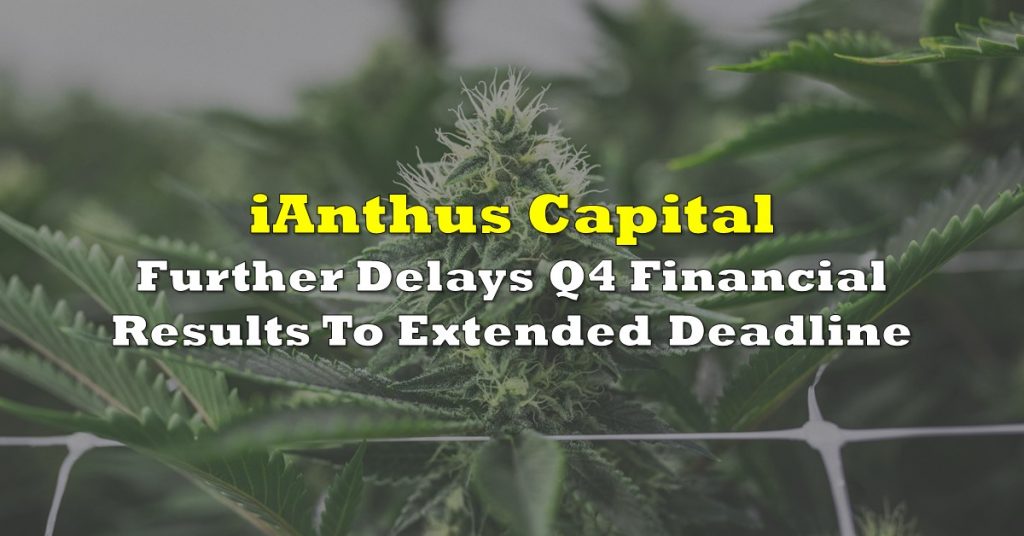It can be difficult to get a proper loan for growth-stage cannabis businesses that are still scaling and, for a long time, it wasn’t necessary. Tens of billions in equity investments have carried the development of large cannabis concerns on both sides of the border over the past several years.
But a slowing pace of equity investments has led to a wave of high-stakes leverage in the cannabis patch, as cash flow-negative companies are having to put hard-assets up for debt financing. Canadian companies like Organigram Holdings (TSX: OGI) and Aurora Cannabis (TSX: ACB) have worked out deals with Canadian chartered banks for access to traditional credit facilities within the means of their cash flow, but this summer also saw the advent of private, secured debt deals being orchestrated by obscure boutique outfits and syndicates with state-side multi state operators (MSO’s).
So far, none of the announced deals appear to have been consummated. When the Deep Dive took a look into the firms behind these debt deals, it turned out there wasn’t much to look at.
Started from the bottom
It is perhaps unsurprising that the first instance of US MSO secured debt, at least in press release format, came from TILT Holdings (CSE: TILT). The self-styled cannabis-tech company had papered itself over with a $20 million bridge loan in the spring, but was burning through cash quickly, with two out of three of its business segments under water. On July 16th TILT announced a syndicated deal for $50 – $125 million in “convertible senior secured notes,” at 8%, with a quarterly coupon at a calculated conversion strike near $1.10, with a quarter warrant at $1.25 for three years. TILT was trading at $0.96 at the time the deal was announced, and closed at $0.34 today, a recent re-branding failing to have helped raise any shareholder interest.
More than two months later, TILT hasn’t yet announced the closing of the deal they made for a badly needed working capital injection. According to their press release, the money was coming “from a syndicate of institutional investors (the “Financing Syndicate”) led by UCP, a Toronto-based investment firm specializing in cannabis and alternative assets.”

The Canadian Securities Administrators don’t have a registration for any firm that goes by the name of UCP. Readers looking to find out if the firm offering them a $125M syndicated secured debt deal is legit by searching the CSA registry here.
Searches of IIROC and Canadian Securities Administrators databases by The Deep Dive were unable to find any Toronto-based investment firm that goes by UCP. Google search returns web pages for Moscow-based United Capital Partners, but no financial business of that name headquartered in Toronto.
At harvest time, the reaper cometh
On the last day of July 2019, the cannabis debt market got serious when brand-name operator Harvest Health and Recreation (CSE: HARV) announced a $225 million senior secured debt deal with Torian Capital. In contrast to the $75 million dollars worth of wiggle room in the deal that TILT’s (potentially nominal) syndicate had ginned up, Torian knew what they wanted and meant business. The loan was to happen in three $75 million tranches, each bearing an 8% coupon, and was to be secured against specific company assets, including Harvest Health’s cannabis licenses.

It was a logical next step for Harvest, whose equity was trading at about half of its 52 week (and lifetime) peak near $14, well below the $11.42 strike price on the $100 million in notes they were already carrying at the end of June. A secured loan would allow Harvest to avoid dilution and use their revenue to manage payments as they continued to expand and scale.
Torian is a new name in cannabis finance, and the somewhat opaque family office’s big-ticket vulture offer showed up right on schedule. For industry observers, the notion that a lender would stake a revenue producing company that carried a $2 billion market cap with $225 million against a $400 million net asset value was a sort of road marker.
It’s what companies like Harvest do when the equity well goes dry, and they still need cash and what vulture banks do when hype cycles ebb. Either this market would turn itself around and Harvest would pay it all back with an equity financing at a higher number, or Torian would own the parts of Harvest worth owning at a discount. Everyone understood each other.
“Time takes a cigarette…”
Former Goldman Sachs banker and iAnthus Capital (CSE: IAN) CEO Hadley Ford, who has a reputation for being able to anticipate sector trends in finance, had a deal with Torian less than three weeks later. The $50 million deal was to be secured “by a first priority lean on all current and future assets of the company and its affiliates,” bear 9%, and show up in two $25 million tranches. iAnthus also had to give up 20% warrant coverage at a strike price of the equities price on the day of the close, +25%. Having burnt through $27 million in operating cash in the past 6 months and invested another $29 million, iAnthus wasn’t in a position to argue.
The paradox of this market is: any 2019 US cannabis company that isn’t grabbing territory, expanding its balance sheet and cap table in leaps and bounds as it goes, is stuck. To investors, there’s no upside in a company that just burns their cash operating the same, stagnant, money-losing assets while their peers expand their footprint. To show growth, a company has to be acquiring even more money losing assets, maintaining their status as aggressive players in the pre-legalization land-rush, and not just some money pit. iAnthus did a $27 million deal for a Nevada operator that included a $5 million cash component a week ago. Buy the ticket, take the ride.
But more than a month after its announcement, there’s no indication that iAnthus’ deal with Torian has closed. The first tranche of Torian’s loan to Harvest was to have closed at the end of August but, if it has, it hasn’t yet been announced.
Who IS Torian Capital?
The Deep Dive wasn’t able to turn up much information on Torian Capital. The company’s website lists a Miami, FL address, but doesn’t say much about their practice or anything else. The page appears to serve mostly as a landing page for a login to an instance of third-party firm management software AltaReturn.
Torien’s Crunchbase page lists the iAnthus loan and a $350,000 seed investment in blockchain patent startup LOCI as the company’s only known capital raises. Emails and calls placed to Torian principal David Kucher, two different Harvest IR reps and iAnthus CEO Hadley Ford were not returned by press time.
The result of all this is that these small family offices, while big in ambition, tend to fall short when it comes time to actually closing the deal. These private secured debt deals, while grand in appearances, don’t necessarily result in closed financing – something that multi state operators really can’t afford to waste their precious time with. While the secured debt is predatory in nature, the vultures appear to consistently disappear when it comes time to pay up to get the deal done.
Information for this briefing was found via Sedar, iAnthus Capital, Harvest Health, and Tilt Holdings. The author has no securities or affiliations related to these organizations. Not a recommendation to buy or sell. Always do additional research and consult a professional before purchasing a security. The author holds no licenses.









